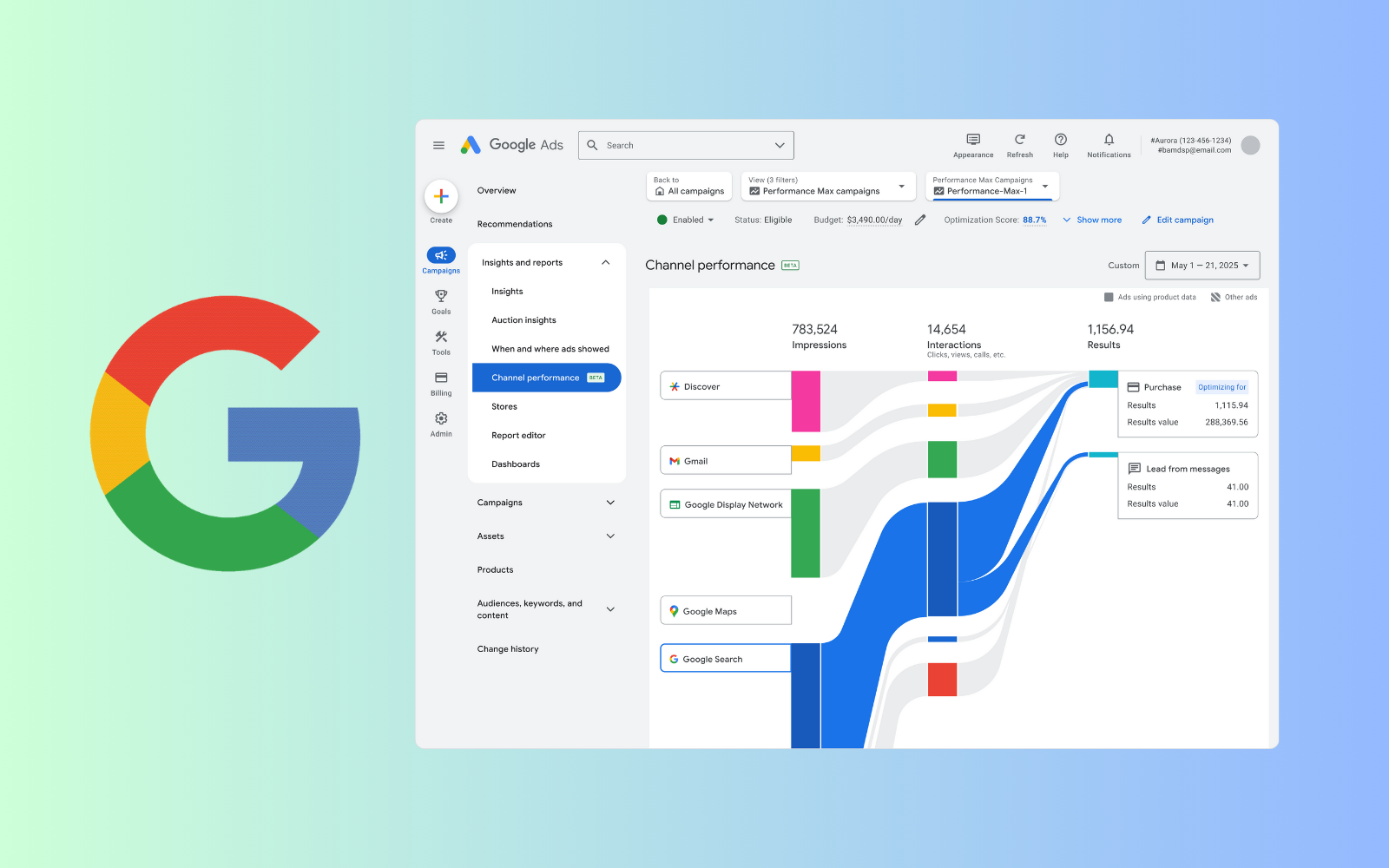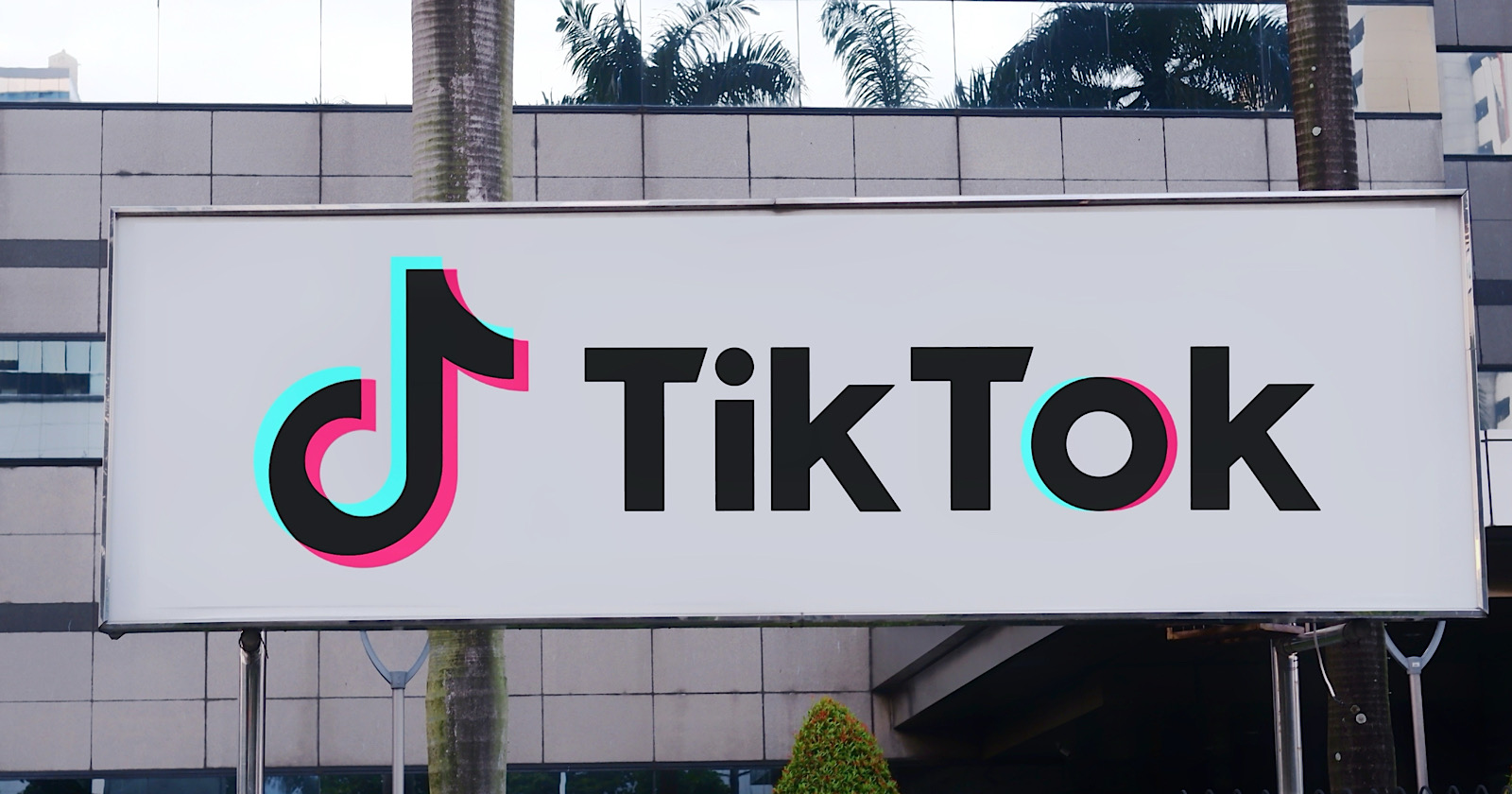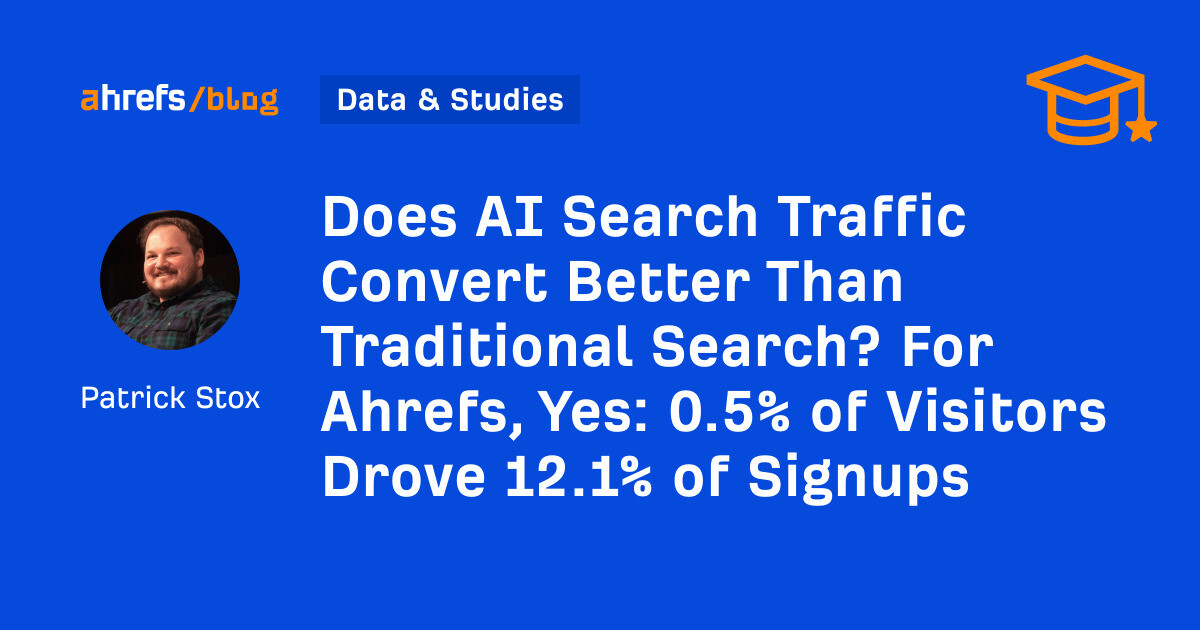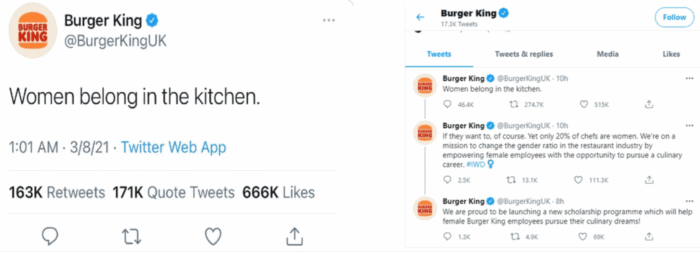Impactful Trends in Hospitality and Tourism Marketing
What’s Driving the Latest Tourism and Hospitality Marketing Trends? For all the challenges in the hospitality industry, there are tremendous opportunities, especially for organizations with a digital-first approach. Aggregated hotel, travel, and tourism statistics indicate substantial changes in how...

For all the challenges in the hospitality industry, there are tremendous opportunities, especially for organizations with a digital-first approach. Aggregated hotel, travel, and tourism statistics indicate substantial changes in how and where hospitality marketers are finding customers, and savvy marketers are already adjusting strategies to meet changing expectations.
As you realign your hospitality and tourism marketing strategy, it’s important to balance trends with the underlying consumer shifts that drive them.
Know the Market Before You Go To Market
The hospitality industry nearly returned to pre-pandemic levels in 2024, with dramatic improvements in key metrics like occupancy rates and profitability. For many, the start of 2025 marked a reset (the now cliché “new normal”), ushering in new goals and initiatives to keep momentum going.
Most hospitality growth statistics are positive. Hospitality represented 10% of global GDP in 2024 on a record $11.1 trillion. Over 1.1 billion individuals traveled in the first three quarters of the year, with an industry compound annual growth rate adjusted upwards to 5.8% through 2032.
Hospitality and Hotel Industry Challenges and Opportunities
That growth is despite some of the biggest challenges in the hospitality industry becoming more pronounced, including labor shortages, consumer uncertainty, and geopolitical instability.
Hospitality Industry Challenges
Labor shortage: Despite increasing wages and benefits during and after the pandemic, the hospitality industry is significantly understaffed. Roughly 76% of hotels report being understaffed, particularly in housekeeping, front desk, and culinary positions. This challenge is exacerbating already rising labor costs and low retention rates.Economic uncertainty: Lingering pricing pressures have reduced the number of travelers, reducing revenue at a time of shrinking profit margins, high interest rates, and bifurcation in growth – upscale hotels and spas have generally outperformed mid and low-cost systems.Alternatives: Airbnb, VRBO, and other alternatives have gradually gained market share. In 2014, the top ten US cities with Airbnb saw a 1.5% decline in hotel revenue. Today, it holds roughly 10-12%, and while its growth is slowing, it still has a significant impact on hotel operations.Hospitality Industry Opportunities
Personalization: Using clean, actionable data, hotels are offering a more personalized experience than ever. AI and data analytics allow hotels and spas to anticipate everything from dietary restrictions to what activities guests will be interested in. It also allows them to craft bespoke packages with other vendors, many of which pay a fee to the hotel, diversifying revenue streams.Sustainability: Travelers actively seek out eco-friendly accommodations and are willing to pay a premium for sustainability. Hotels are increasingly marketing their investment in renewable energy and energy efficiency commitments.Events and Group Travel: Events, trade shows, and conferences have largely recovered from the pandemic. Most experts predict a 10.3% annual growth rate through 2026, more than doubling since 2018. Attracting conferences and trade shows has always been a key revenue source, but is increasingly important for hotels facing tight margins on individual room rates.Refine Your Tourism and Hotel Marketing Strategy
While traditional media remain a critical part of the hospitality industry, digital marketing has long since established itself as a growth accelerator. Here are a few ways to utilize digital marketing channels to capitalize on current hospitality market trends as marketing opportunities.
First-party data: Invest in first-party data to gain a deeper understanding of your consumer audiences and inform informed marketing and business decision-making. Start by collecting relevant information upfront, and use customer surveys, polls, and segmentation to see what makes your guests tick.Technology: Whether it’s improving landing page conversion rates or building apps and tools for your website, owning the technological tools that can enhance your brand is a crucial investment. Find a business and marketing partner with the skills to research the most impactful opportunities and the development skills to bring those tech-focused ideas to life.Experiential marketing: The hospitality industry is built on experiences, so it’s no surprise that they understand the value of creating immersive, emotional experiences to attract and retain guests. Many hospitality operations are partnering with brands and event companies to add value to conferences and trade shows for their B2B clients and consumer-facing marketing campaigns – and it works.Social media: Events are a perfect opportunity to flex video marketing and find your audience on social media. From there, tap into user-generated content from guests or consider inviting niche or local influencers for a stay. Go beyond regular posting and find a social media marketing strategy that helps meet all your goals.It’s Time for Your Fresh Start
The post-pandemic era has many hospitality marketers looking for a new playbook. Whether you’re starting from scratch or tweaking a working strategy, now is the time to align your team’s immediate needs and capabilities with your long-term objectives using fresh, data-backed strategies.

 FrankLin
FrankLin 












![Google AIO: 4 Ways To Find Out If Your Brand Is Visible In Generative AI [With Prompts] via @sejournal, @bright_data](https://www.searchenginejournal.com/wp-content/uploads/2025/03/featured-572.png)
















